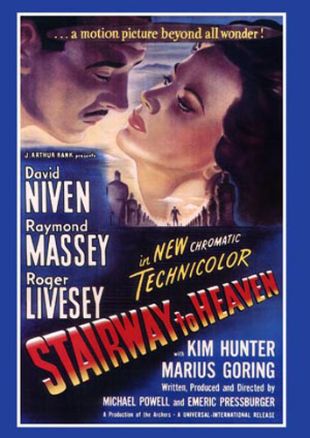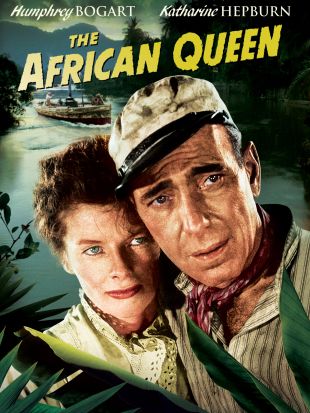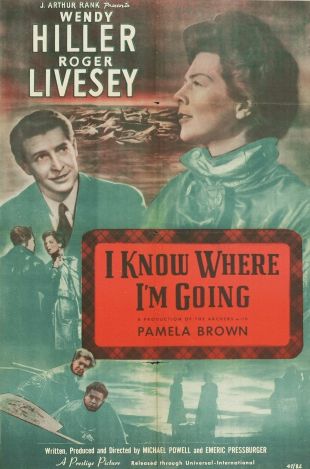During the 1940s, which many scholars regard as the heyday of British films, Allan Gray was one of the busiest and most visible film composers in England. Ironically, despite his years of association with British films, he was neither English nor was he really "Allan Gray." He was born Joseph Zmigrod in Poland in 1902 and was a student of Arnold Schoenberg during the 1920s. He later went to work for producer Max Reinhardt, writing music for his stage productions, and also composed a children's opera called Wavelength ABC. Gray began his career writing music for motion pictures with the 1933 German feature F.P. 1, but after the rise of the Nazis in the mid-'30s, he was forced to leave Germany, following his scoring of the 1936 version of Emil and the Detectives. He came to England and took the name Allan Gray. By the late 1930s, he was established in the British film industry, working at Alexander Korda's London Films, on pictures like The Challenge, and at other major studios. Gray reached the peak of his influence and visibility in the first half of the 1940s when he wrote the scores for a series of films by the writer/producer/director team of Michael Powell and Emeric Pressburger. Gray was responsible for the music in The Life and Death of Colonel Blimp (1943), A Canterbury Tale (1944), and I Know Where I'm Going (1945). Blimp's soundtrack had an Elgarian splendor and opulence, while A Canterbury Tale and I Know Where I'm Going incorporated elements of folk song, hymns, and popular music in portions of their scores. Gray's greatest work for the Powell/Pressburger team was A Matter of Life and Death (aka Stairway to Heaven), a 1946 fantasy-drama with a canvas that moved from the infinitely small to the infinitely large and utilized scoring across a similar range. In particular, the eight-note theme at the center of the score is transmuted in a series of variations, reappearing in guises ranging from solo to a grand, near-symphonic treatment; this was also the first of Gray's film scores to be recorded -- in 1946 by the Queen's Hall Light Orchestra under Charles Williams. After 1946, Powell and Pressburger turned to Brian Easdale for their film compositions, but by then Gray was well established, and he got some prominent assignments in the 1950s, including John Huston's The African Queen. Like most English composers of his generation, Gray disappeared from the scene after the 1950s, as British films got smaller and also more daring, and producers began abandoning symphonic-style scores in favor of those with tunes that could become popular hits. His music has undergone a mild renaissance in recent decades with the rediscovery and restoration of most of Powell and Pressburger's major films.
Allan Gray
Share on


